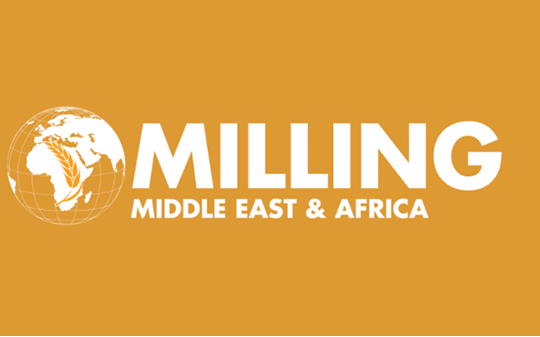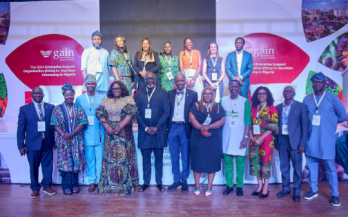Food systems have the potential to drive inclusive growth, prosperity, nutrition, and health, or, if poorly managed, they can deepen inequalities and exacerbate poverty, malnutrition, and other poor outcomes. Data plays a crucial role in building food systems that drive positive development outcomes by providing the foundation for informed decision-making, effective policy formulation, targeted interventions, and stakeholder engagement and collaboration.
Drawing on GAIN’s evidence-based four pillar framework for effective workforce nutrition programmes and prior experience in India's tea sector, a workforce nutrition programme was proposed, designed and implemented for tea estate workers and their families on 12 tea estates throughout the country. The programme was implemented between February 2021 and March 2023 in collaboration with the Ethical Tea Partnership
GAIN saw an opportunity to establish a workforce nutrition programme designed and implemented for both tea farmers and employed labourers of tea farms in four tea factories in Kericho County, Kenya. The programme was implemented between January 2020 and December 2022 in collaboration with the Ethical Tea Partnership, and aimed to reached 26,000 workers.
On August 29, 2024, the Global Alliance for Improved Nutrition (GAIN) hosted the inaugural Enterprise Support Organisation (ESO) for Nutrition Convening in Nigeria, themed ‘Catalysing Nutritional Innovation: Empowering ESOs to Transform Food Systems.’ This first-of-its-kind convening in Africa brought together over 150 participants, including key stakeholders from academia, the private and public sectors, development agencies, and civil society. The convening focused on the critical role ESOs (entities that provide business development services to businesses) play in transforming food systems by supporting agri-food small and medium-sized enterprises (SMEs) to overcome operational challenges, enhance capacity, and improve nutrition outcomes for underserved populations.










